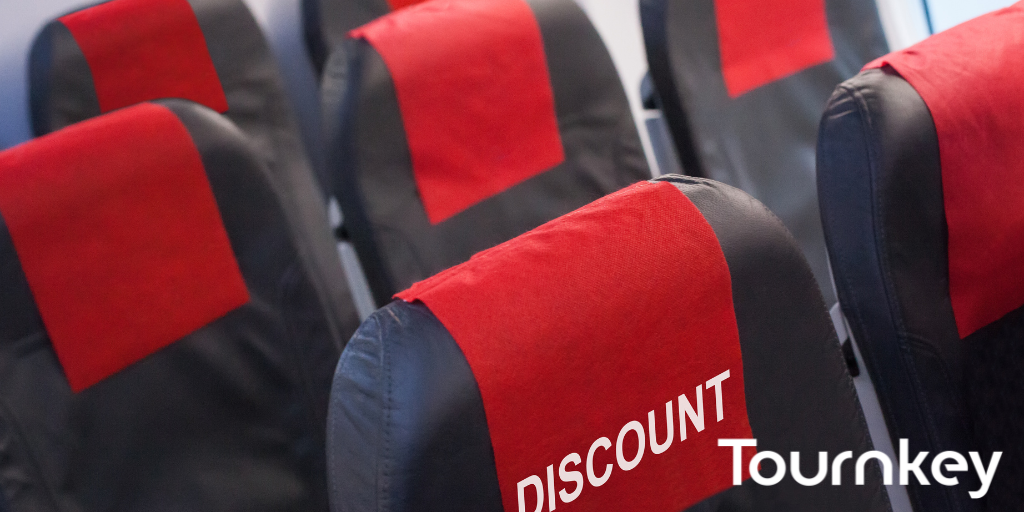Coaching youth travel sports comes with unique challenges that differ significantly from recreational leagues and school teams. Coaches must balance competition with development, manage player workload, and foster positive team dynamics.
However, some common coaching mistakes can negatively impact young athletes, leading to burnout, poor performance, and loss of enthusiasm for the sport.
Here are the top coaching pitfalls to watch out for and expert advice on how to avoid them.
Prioritizing Winning Over Development
One of the biggest mistakes in youth sports coaching is placing too much emphasis on winning at all costs. While competition is an essential part of the game, focusing solely on victories can hinder skill development and discourage teamwork.
Why This Hurts Athletes
- Players feel unnecessary pressure, leading to anxiety and loss of enjoyment.
- Star players get most of the playing time, while others are neglected.
- Emphasizing winning over improvement discourages risk-taking and creativity in young athletes.
Learn how to balance competition with player growth in this coaching guide.
How to Fix It
- Prioritize skill development: Teach fundamentals and reward effort rather than just results.
- Promote team involvement: Ensure every player gets playing time and opportunities to grow.
- Celebrate small victories: Recognize personal improvement and teamwork as much as scoreboard results.
Overloading Young Athletes
Many travel teams participate in excessive games, tournaments, and practice sessions without allowing young athletes proper recovery time. Overtraining can lead to burnout and serious injuries.
Signs of Overtraining
- Persistent fatigue and lack of motivation
- Increased risk of injuries, especially overuse injuries like tendonitis
- Declining performance due to exhaustion
How to Avoid This
- Schedule rest days: Allow time for recovery between intense practices and games.
- Emphasize injury prevention: Implement proper warm-ups, stretching, and strength training.
- Monitor player workload: Keep track of training intensity and modify as needed.
Discover the key warning signs and prevention strategies to keep your athletes healthy and performing at their best.
Poor Communication with Parents and Players
Effective communication between coaches, parents, and players is crucial for team harmony. Without clear expectations, misunderstandings can arise, leading to frustration and conflicts.
Common Communication Issues
- Parents not knowing their child’s role on the team
- Players feeling uncertain about their progress or position
- Coaches being defensive rather than addressing concerns
How to Improve Communication
- Hold preseason meetings: Set clear expectations regarding playing time, roles, and team philosophy.
- Provide consistent feedback: Offer regular evaluations to players and be open to discussions with parents.
- Encourage transparency: Listen to concerns and provide constructive solutions.
Lack of Individualized Development
A one-size-fits-all coaching approach ignores the fact that players have different learning styles, strengths, and areas for improvement.
Why Individual Attention Matters
- Helps players refine skills based on their unique needs
- Boosts confidence by providing personalized feedback
- Enhances team performance by developing well-rounded athletes
How to Address This
- Assess individual strengths and weaknesses: Create development plans for each athlete.
- Use varied coaching techniques: Cater to different learning styles—visual, auditory, and hands-on.
- Set personal goals: Encourage players to track their progress and celebrate their milestones.
Inconsistent Discipline and Favouritism
When coaches play favourites or fail to enforce team rules consistently, it creates tension and resentment among players.
Problems This Creates
- Players lose trust in the coach’s decisions
- Team morale declines as some players feel overlooked
- Negative attitudes and poor sportsmanship go unchecked
How to Maintain Fairness
- Set clear expectations: Define team rules and hold every player accountable.
- Enforce discipline consistently: Address negative behaviours promptly and fairly.
- Encourage a team-first mentality: Reward effort, commitment, and teamwork over individual status.
Poor Time Management and Organization
A disorganized coach can lead to chaotic practices, mismanaged game schedules, and unnecessary stress for players and parents.
Common Organizational Mistakes
- Last-minute schedule changes
- Ineffective practice planning that wastes valuable time
- Poor travel arrangements leading to stress and confusion
How to Improve Team Organization
- Plan structured practices: Focus on skill-building and efficiency.
- Communicate schedules in advance: Use team apps or email updates to keep everyone informed.
- Delegate responsibilities: Assign roles to assistant coaches or team parents.
Not Teaching Mental Toughness and Teamwork
Many youth coaches focus on physical skills but neglect the mental and emotional aspects of sports.
Why Mental Toughness Matters
- Helps players handle pressure and setbacks
- Builds resilience and confidence
- Strengthens team cohesion
How to Develop Mental Strength
- Teach positive self-talk: Encourage players to stay motivated even during tough games.
- Foster a growth mindset: Emphasize learning from mistakes rather than fearing failure.
- Promote teamwork: Build a culture where players support each other.
Neglecting Fundamentals for Advanced Strategies
Jumping straight into complex tactics without mastering the basics leads to confusion and inconsistent performance.
Why Fundamentals Matter
- Provides a strong foundation for advanced skills
- Reduces mistakes and increases efficiency during games
- Improves overall team coordination
How to Prioritize Fundamentals
- Break down drills: Focus on key techniques before introducing advanced plays.
- Reinforce basics regularly: Even skilled players need refreshers on core skills.
- Encourage game awareness: Teach players how to read the game rather than just memorize plays.
Make sure they’ve mastered the basics first! Check out this guide on youth sports fundamentals.
Failing to Lead by Example
A coach’s attitude and behaviour set the tone for the team. If a coach loses their temper, argues with referees, or shows poor sportsmanship, players will follow suit.
How to Lead Effectively
- Stay composed under pressure: Model professionalism and self-control.
- Show respect: Treat players, referees, and parents with fairness.
- Practice what you preach: Work hard, stay accountable, and demonstrate sportsmanship.
Not Making It Fun
The ultimate goal of youth sports is to develop skills while fostering a love for the game. If training feels like a chore, players may lose interest.
Ways to Keep Sports Enjoyable
- Make practices engaging: Include fun challenges and games.
- Encourage creativity: Let players express themselves on the field.
- Celebrate progress: Acknowledge improvement, effort, and teamwork.
Avoiding these coaching mistakes can make a significant difference in player development and overall team experience. The best coaches balance competition with growth, provide clear communication, and create a supportive environment for young athletes.
By focusing on long-term development, encouraging teamwork, and keeping the game fun, you can foster a culture where athletes thrive both on and off the field.
The Tournkey Event Ecosystem is a powerful series of tools designed to elevate your event’s profile while improving your event’s productivity and participant experience.


